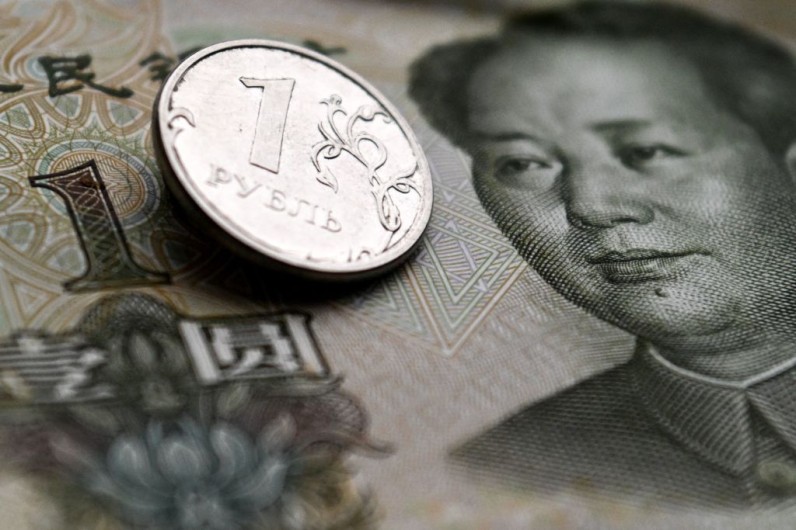China's state-owned banks have reportedly made a move to support the Chinese yuan on Monday, tightening offshore foreign exchange market liquidity and actively selling US dollars onshore amid a notable decline in the country's A shares.
Citing four sources with knowledge of the matter, Reuters reported that this action was made to stop the yuan from falling quickly as China's A shares sank. On Monday, the benchmark Shanghai Composite index posted its biggest one-day drop since April 2022, recording a 2.7% fall.

China Stabilizing the Chinese Yuan
Natixis' senior economist for Asia Pacific, Gary Ng, told Reuters that it was a clear policy signal to stabilize the Chinese yuan and "counter the negative market sentiment on equities."
So far, overseas funds have sold around $1.6 billion in Chinese equities this year as investor confidence was hurt by signs of a slowdown in the world's second-largest economy. Reflecting signals of tighter liquidity conditions, offshore yuan tomorrow-next forwards rose to an over two-month high of 4.25 points late Monday.
One of the sources told Reuters that it comes as state banks in the offshore market reduced lending to their peers, effectively tightening up offshore yuan liquidity and raising the cost of shorting the currency.
China Preventing the Rapid Decline of the Chinese Yuan
According to Reuters, state banks also sold US dollars in the onshore spot foreign exchange market to stop the rapid drop of the Chinese yuan. The aggressive selling of the US dollar was to protect the 7.2 per dollar level.
State banks reportedly often act on behalf of the central bank in China in the foreign exchange market. However, these banks could also trade on their behalf or fulfill clients' orders.
The onshore yuan was last traded at 7.1963 per dollar, marking a nearly 1.4% decrease since the beginning of the year, while its offshore counterpart was recorded at 7.2047.







Join the Conversation